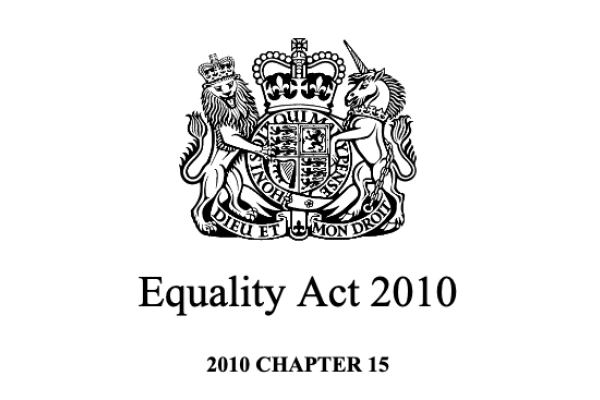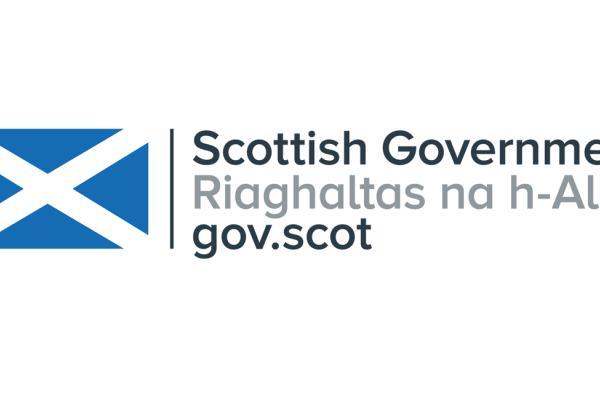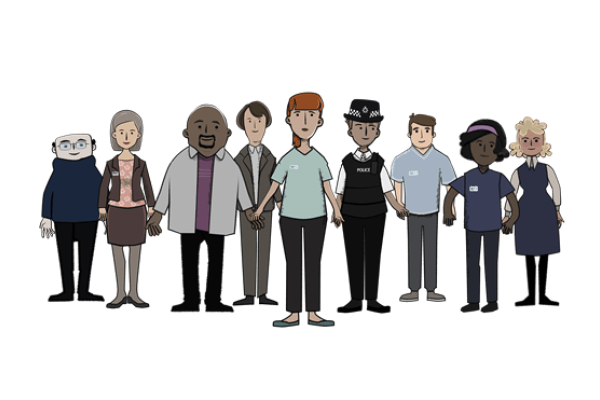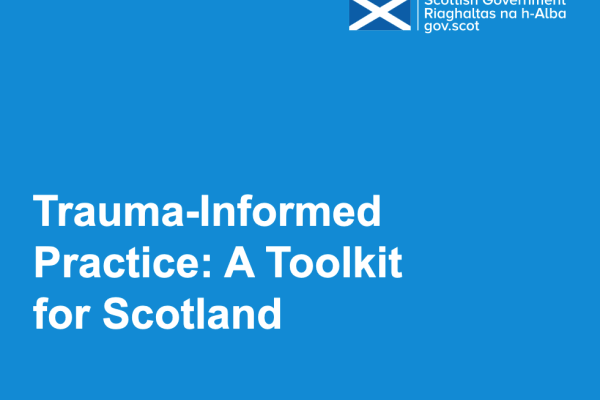Equality Act 2010
The Equality Act 2010 came into force on 1 October 2010. It sets out the personal characteristics that are protected by the law and the behaviour that is unlawful. It works with the Adult Support and Protection (Scotland) Act 2007 to ensure that any public body or office holder performing a function under the Act must have regard to the adult's abilities, background and characteristics.










